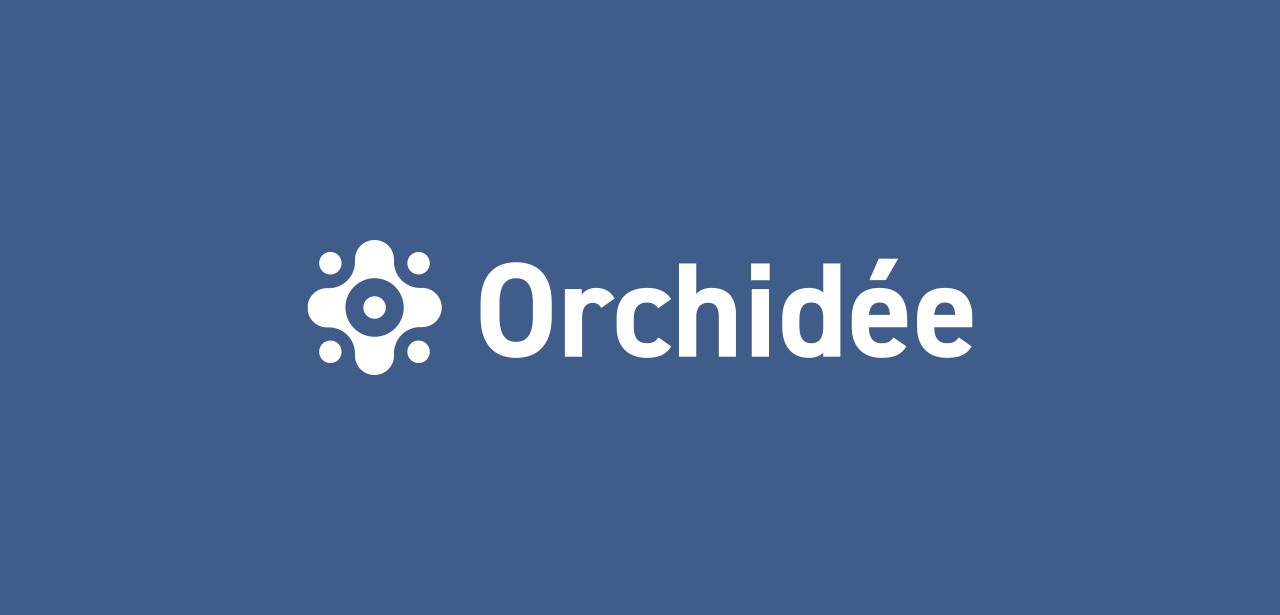
To fulfil its health monitoring and surveillance mission, Santé publique France needs reliable data to produce multi-source epidemiological indicators, in close to real time, covering the entire patient care pathway. Coordinated by Santé publique France, the Orchidée project aims to set up multi-theme epidemiological surveillance based on hospital data. The network covers all French regions and the French West Indies.
Where does the Orchidée project come from?
The COVID-19 pandemic demonstrated the importance of monitoring the dynamics of an emerging phenomenon on a daily basis to better control its spread in the population.
In France, reporting on the number of cases is based on specific surveillance systems such as the notifiable diseases system, emergency services (Oscour), general practitioners (SOS Médecins, Sentinelle network), medico-social establishments and services, and biological (Laboé-SI), virological (Emergen-DB) and wastewater (Sum’eau) data. Mortality is also monitored on a daily basis, in particular via electronic certification of deaths.
Despite this multi-source system, apart from emergency departments and certain surveillance systems in intensive care units, no data is collected to give us an overall view of the hospital. It is therefore important, in order to have an exhaustive view, to complete the hospital monitoring system. It was with this in mind that the Orchidée project was set up as part of a consortium coordinated by Santé publique France, which held its kick-off meeting on 9 October 2024.
What are its objectives?
Orchidée's main objective is to provide the authorities with high-quality epidemiological indicators so that they can monitor the epidemiological situation in hospitals in real time. To achieve this, the concept of ‘secondary use of data’ is favoured, so that the indicators are produced from existing hospital data, without relying on healthcare professionals to enter additional information twice, thereby avoiding wasting time. This model is intended to become more widespread, to strengthen national, regional and European capacity to monitor diseases and make the most of the health data entered daily by hospitals.
What will Orchidée bring to the field of public health?
Orchidée will fill a gap in France's surveillance system, providing reactive information on the health situation in major French hospitals in terms of morbidity and/or mortality for a range of diseases. It will also make it possible to prepare for future exceptional health situations, in particular the emergence of new viruses that could have a major impact on morbidity and/or mortality in hospitals.
Who is involved?
The Orchidée project is based on a consortium coordinated by Santé Publique France, with the participation of:
- 25 university hospital centres (Amiens, Angers, Assistance Publique - Hôpitaux de Paris, Besançon, Bordeaux, Brest, Caen Normandie, Dijon, Grenoble, Guadeloupe, Lille, Limoges, Lyon, Martinique, Metz-Thionville, Montpellier, Nantes, Nancy, Nice, Poitiers, Reims, Rennes, Rouen, Strasbourg, Tours),
- the Health Data Hub,
- the University of Bordeaux,
- the Ecole des hautes études en santé publique.
How will the results be disseminated?
The epidemiological indicators produced by the hospitals will be sent to Santé publique France, which will centralise, compile, interpret and report them. These indicators will be available on Santé publique France's open data website and will be used to produce epidemiological bulletins and various other products (articles, reports, etc.) posted on our website.
Funding
The project is co-funded by the European Commission to the amount of 9.2 million euros as part of the EU4Health programme (call: EU4H-2023-DGA-MS3-IBA, project: 101182831). The total budget of the project is 15.3 million euros for a period of 4 years (01/10/2024 - 30/09/2028). The EU4Health programme aims to improve and strengthen national surveillance systems.
Timetable / Key stages of the project from late 2023 to 2025
